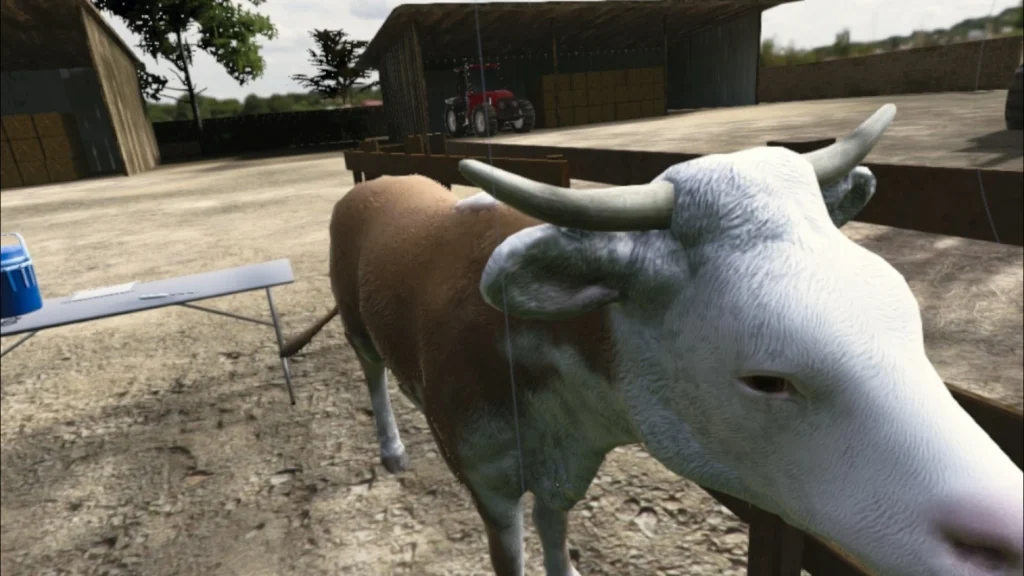
Agtech safeguarding Australian biosecurity
Aug 12 2020

Australian agriculture has long benefited from the continent’s distance and isolation from the rest of the world. This has enabled Australia to remain free of some of the most serious pests and diseases that have devastated agriculture and horticultural industries in other countries.
But increasing globalisation and mobility has meant that the threat of pest incursions is ever present, and occasionally, breaches occur. In 2016, an outbreak of white spot disease in prawns cost the prawn industry more than $100 million and impacted industries across the supply chain.
There is enormous potential for agtech to support Australia’s biosecurity efforts, and recent breakthroughs are proving that agtech will be critical to preserving Australia’s pest and disease-free status across a range of primary industries.
The Purple Hive Project
One industry that has recently unveiled an exciting development is the Australian honey bee industry. In addition to honey that bees produce, the honey bee industry provides critical pollination services to a range of tree and ground crops, as well as broadacre crops. Around 65 percent of Australian agriculture depends on bee pollination.
Currently Australia is the only continent on earth that does not have Varroa mite, a devastating parasite of honey bees. Recognising the threat, the Bega Cheese Company commissioned work to develop a potential solution, known as the Purple Hive Project.
Researchers and engineers have developed a solar-powered, 3D printed artificial intelligence (AI) based hive with integrated 360 degree cameras that can be retrofitted to existing hives. The cameras monitor the bees entering and leaving the hive 24 hours a day. The program’s AI algorithm can differentiate a healthy bee from one carrying Varroa mite and send an instant alert, allowing the hive to be quarantined to stop the spread of the parasite.
Early detection of the Varroa mite is key to this pest establishing in Australia. The Purple Hives can be placed at high risk points of entry, a crucial part of protecting the Australian honey bee industry by identifying biosecurity breaches early on.
Virtual reality aids in disease outbreak preparedness
Since 2012, the Australian Department of Agriculture, Water and the Environment has been working with the European Commission for the Control of Foot-and-Mouth Disease (EuFMD) to run training courses in FMD-endemic countries, such as Nepal.
While face-to-face training courses give livestock workers, industry representatives and veterinarians first-hand experience diagnosing and investigating FMD outbreaks, providing this training in person is resource intensive, and often inaccessible.
Virtual reality (VR) has been shown to be a successful, cost effective and practical method for training large numbers of people using task-based scenarios. Seeing VR as a potential solution, the department asked Novus Res, a VR games studio in Adelaide, to conduct a pilot virtual reality experience and develop a research report on the efficacy of the training.
The pilot experience includes activities such as clinical examination of cows, laboratory sampling, and setting up a biosecurity control point. The pilot evaluated the effectiveness of the technology for biosecurity training, with a focus on FMD preparedness. The research report, due for release in late 2020, will provide insights into the possibilities of virtual reality as a training tool, and how it could be rolled out.

Modelling the potential spread of African swine fever
A new animal disease-planning model, the Australian Animal Disease spread model (AADIS), is being used to model the spread and control of a disease in a population for emergency planning.
One of the most significant current threats to Australian agriculture is African Swine Fever (ASF). ASF has spread throughout Asia and has now reached Papua New Guinea. The national economic impact of ASF to Australia is more than $2 billion over five years.
This national-scale modelling capability is being adapted to look at the possible impacts of African Swine Fever (ASF) where ASF poses a threat to the Australian pork industry.
The AADIS is a useful tool to help understand how an exotic disease such as ASF may spread in Australia, and provide insights into how it may be controlled. Once it is set up for ASF, potential ASF outbreaks in Australia can be modelled, informing response policies.
AADIS is an internationally recognised epidemiological model being adapted for the Australian context as part of the Biosecurity Innovation Program. This will help in efforts to plan for possible outbreaks of animal diseases in Australia.
AgTech Finder Solutions: Animal health and performance, pest management
Posted in Farmer Advice
You Might Also Like
Jul 23 2025
Low yields from wheat production? Here’s why.
For the past two decades, agronomists and farmers have been trying to solve the problem of low yields using Variable Rate Fertilisation application. However, yield is only half of the equation. In-field…
Read MoreMay 25 2025
Get more from your livestock data with these six agtech solutions
Farmers across Australia are producing more data than ever. But much of it remains frustratingly siloed. Here’s how you can get the most from your data as a livestock producer.
Read MoreMay 20 2025
Purchasing AgTech? Ask yourself these five questions first.
Whether it’s your first time, or you’ve already got plenty of technology in operation – asking the right questions ensures you take the best approach.
Read MoreApr 22 2025
Building farm data trust
At AgTech Finder we ask vendors to provide their data policies so that farmers can make informed choices about agtech and be comfortable about the way their data is being collected and…
Read MoreList your company on AgTech Finder.
AgTech Finder helps Australian Farmers and producers find the product that’s right for them.
Register now to be a part of the community, get access to a national platform and start gaining insights to improve your products.
